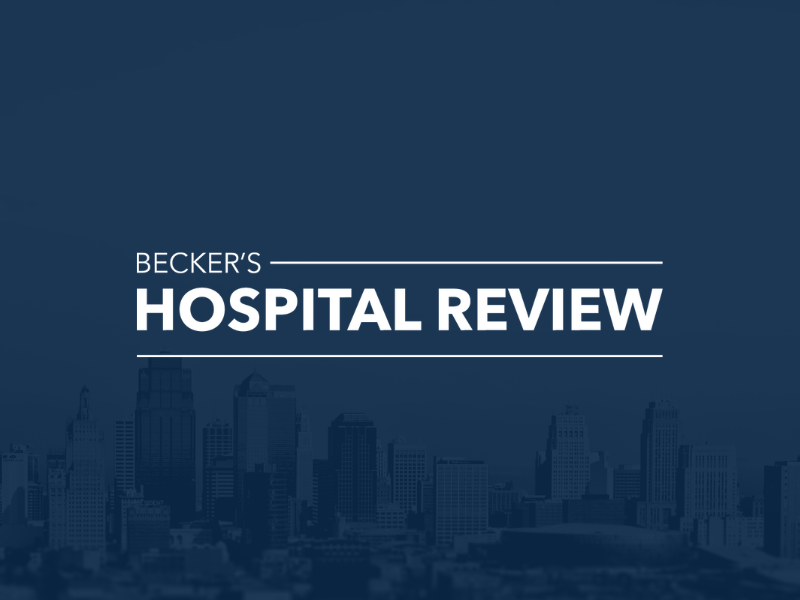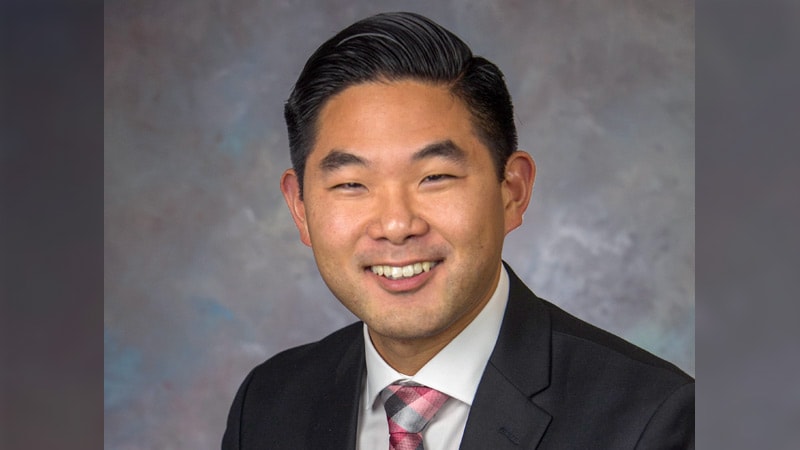I tried searching but couldn't find a relevant thread. I was wondering if anyone has experience with a hospital employed job that compensates in "collections minus expenses." How exactly does this work in a hospital setting? The hospital is still getting the facility fee for each clinic visit (hospital clinic)/procedure - so I'm not really clear on what "expenses" are typically attributed to the physician.
Can anyone share their pay structure with this kind of system?
Can anyone share their pay structure with this kind of system?
Last edited:




